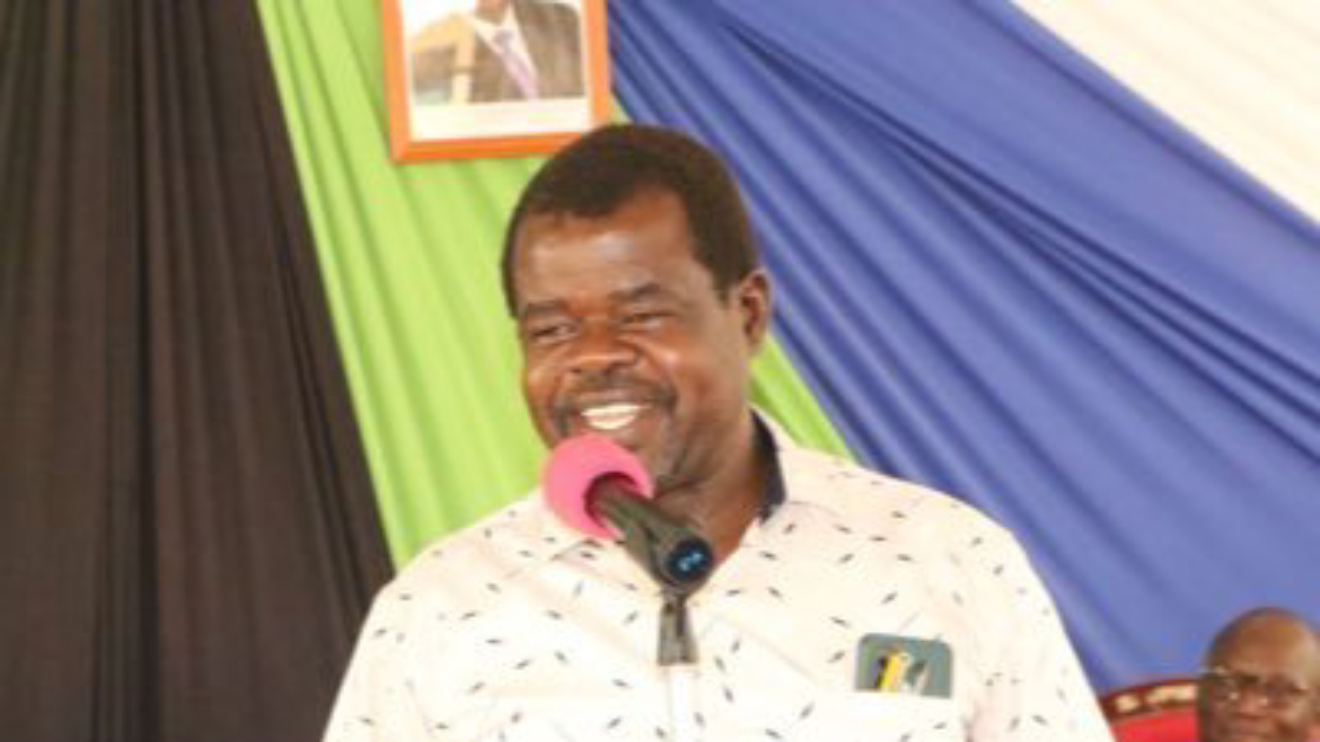Renowned Kenyan Human Rights activist and Busia Senator, Okiya Omtatah, has called for a groundbreaking amendment to Kenya's Constitution, seeking to devolve the presidency to the 47 counties of the country.
In a long social media post, Omtatah expressed his belief that this constitutional reform is crucial to break the stranglehold of the dominant ethnic groups on national politics, paving the way for issue-based governance and allowing minorities to have a realistic shot at the presidency.
Omtatah argues that while Kenya's Constitution successfully devolved power to various organs of governance, it neglected to do so for the presidency.
By drawing a parallel to the United States, where the founding fathers devolved the presidency to all states, Omtatah highlights the urgent need to fully devolve the highest office in the land to the counties.
"The solution lies in amending Article 138 of the Constitution to devolve the presidency by removing the provision inadvertently created in law for the ethnic mobilisation of the national electorate at presidential elections," Omtatah states.
Read More
Under Omtatah's proposed amendment, each county would be assigned a specific number of electoral points, calculated based on the number of constituencies it has plus one extra point to emphasize the principle of equality among counties.
With a total of 290 constituencies and 47 counties, this would result in a sum of 337 electoral points.
To secure the presidency, a candidate would need to win the popular vote in counties that accumulate at least 169 electoral points, representing more than half of the total.
This approach seeks to reduce the dominance of the "big five tribes" – the Luhyia, Kamba, Luo, Kalenjin, and Kikuyu – who currently wield considerable influence in national politics due to their large populations.
"The tribes only become significant when tallied nationally. When tallied at the county level, even Lamu County with only two constituencies would have three vital electoral points which, though not enough to produce a president, can prevent one from being a president," explains Omtatah.
By implementing this devolution of the presidency, Omtatah envisions a political landscape where candidates will focus on addressing county-specific issues, fostering issue-based national politics.
Additionally, it would open doors for candidates from minority tribes, such as the El Molo, to have a realistic opportunity to be elected as the President of Kenya.
Critics argue that this proposed amendment may create administrative complexities and potentially weaken national unity.
However, supporters emphasize that it represents a necessary step towards ensuring fair representation and countering the dominance of a few tribes in national politics.
Omtatah's proposal has sparked widespread debate among legal experts, politicians, and citizens alike, with many eagerly analyzing the potential impact such a constitutional amendment would have on Kenya's future political landscape.
As discussions continue, the country eagerly awaits further developments in this groundbreaking quest for self-determination through devolution, not cessation.









 shares a light moment with the company's Group CEO Dr Patrick Tumbo (right) at a past event-1758121528.jpeg)
-1758116028.jpeg)

